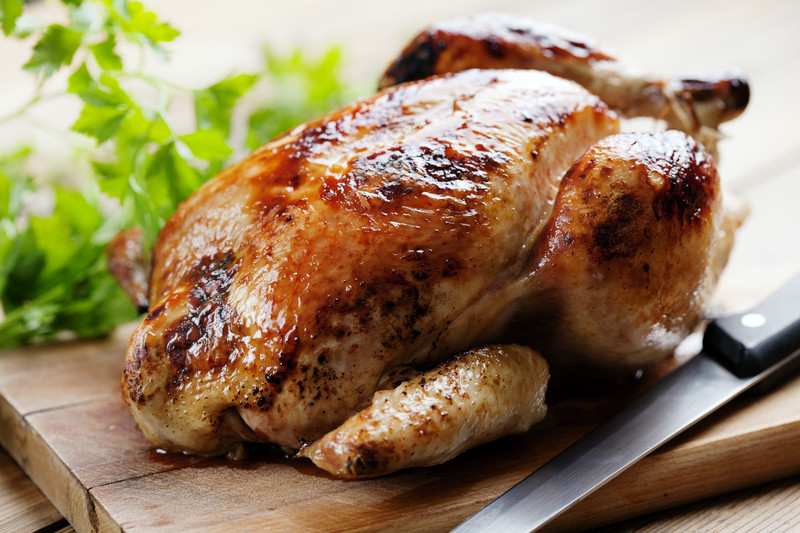Decoding The Labels: The Truth About Free Range, Cage-Free, and Pasture-Raised
posted on
August 31, 2023

Navigating the supermarket aisle to pick the right eggs or chicken can feel like navigating a maze of confusing labels—Cage-Free, Free Range, Organic, Pasture-Raised, and more. You might assume these terms are interchangeable, but they’re not. Each label has its own specific criteria and they vary widely in what they actually mean for animal welfare and product quality.
Let’s clear up some of the confusion by diving deep into these labels so that you, the conscious consumer, can make an informed decision.
Cage-Free vs. Free Range: Not as Free as You Think
What Does Cage-Free Mean?
The term "Cage-Free" may conjure images of happy chickens roaming freely, but that's often far from reality. While it's true that cage-free birds aren't confined to cages, they can still be packed like sardines, sometimes as many as 20,000-40,000 in a single barn. These conditions hardly allow for any meaningful movement, and there’s usually no access to the great outdoors.
What About Free Range?
"Free Range" sounds better, but the actual requirements for this label are surprisingly lax. By definition, each bird should have access to a minimum of 2 square feet of outdoor space. But keep in mind, 'access to outdoor space' could simply mean a small door at the end of a massive barn. Moreover, there is no government oversight to ensure the quality or duration of outdoor access.
Organic vs. Pasture-Raised: More Than Just Feed
What is Organic?
"Organic" refers primarily to the chicken’s diet, which consists solely of organic feed. These birds are not given antibiotics or hormones. In terms of living conditions, they must be kept in cage-free environments and have some access to an outdoor area. However, like Free Range, this doesn't guarantee that the birds actually spend quality time outdoors.
The Gold Standard: Pasture-Raised
If you’re looking for the best welfare standards, "Pasture-Raised" is where it's at. These chickens live much like they would in their natural habitat—in pasture settings where they can roam freely, scratch, and peck. They also contribute to soil quality. At Pure Pasture Farms, our pasture-raised chickens enjoy a diet of non-GMO feed supplemented by foraged grubs and insects—the natural diet for healthy birds.
A Commitment to Ethical Farming: Pure Pasture Farms
Our chickens live outdoors on pasture land, sheltered only by mobile units that offer protection against storms and predators like hawks or eagles. Yes, we do lose some birds to natural predators, but we believe this makes for a balanced and healthy ecosystem, allowing our birds to express their natural behaviors.
We’re proud to go above and beyond standard regulations, ensuring our chickens are truly pasture-raised, living in conditions that respect their natural instincts and contribute to a healthier, more sustainable food system.
By understanding these labels, you can make more informed decisions as a consumer. We hope this guide has been helpful, and we invite you to experience the quality and taste difference with Pure Pasture Farms products.
Happy conscious shopping!





